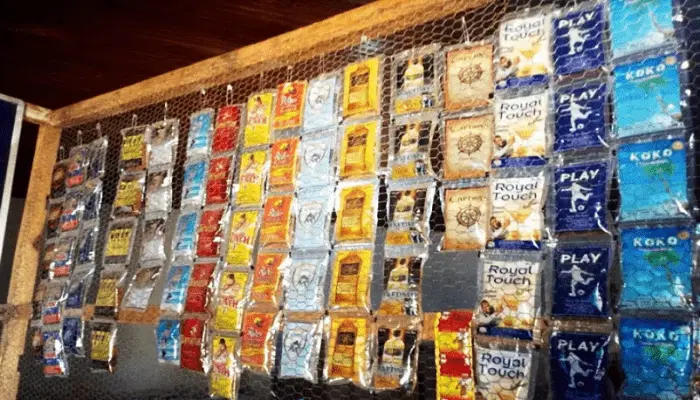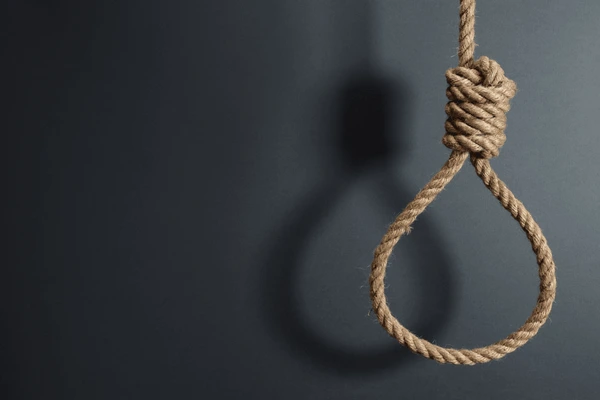
The Organised Labour in the Food and Beverages Sector, has warned of the socioeconomic consequences and impending doom following the Senate’s directive to the National Agency for Food and Drug Administration and Control, NAFDAC, to enforce a nationwide ban on alcoholic beverages in sachets and PET/glass bottles below 200ml by December 31, 2025.
Under the aegis of the Food, Beverage and Tobacco Senior Staff Association, FOBTOB expressed concern that the directive could wipe out millions of jobs and cripple indigenous manufacturing firms already struggling under harsh economic conditions.
At a briefing in Lagos, FOBTOB President, Jimoh Oyibo, said workers across the food and beverage sector are gripped by fear as the consequences of the ban—if implemented—will be “far-reaching, devastating and irreversible.”
Oyibo recalled that a similar ban imposed by NAFDAC last year was suspended after Labour protests and a Public Hearing convened by the House of Representatives. During that process, all stakeholders—including NAFDAC—made submissions, leading to a directive that the agency should engage manufacturers and review its approach.
He noted that the Ministry of Health subsequently granted a one-year extension to allow stakeholders develop a comprehensive National Alcohol Policy.
The policy was validated in October 2025, with NAFDAC actively involved.
He said: “It is troubling that the same NAFDAC has now approached the Senate, resulting in a unilateral directive that did not follow due process and did not give stakeholders a fair hearing.”
According to FOBTOB, the ban threatens the livelihoods of more than 500,000 direct workers and five million indirect workers, including farmers, marketers, distributors, and transporters.
The Association also warned that “nearly N2 trillion worth of investments in machinery and raw materials could be lost. Indigenous Nigerian manufacturers risk total collapse, discouraging future investments. Smuggling and the circulation of unregulated alcoholic products may skyrocket, worsening public-health dangers. Government tax revenue could decline sharply as factories shut down or scale back operations.
“With rising unemployment and no safety nets, this ban will plunge families into poverty. The very children the policy claims to protect may be forced out of school if their parents lose their jobs.”
FOBTOB urged the Senate to immediately rescind its directive and convene an all-inclusive Public Hearing to allow the views of manufacturers, labour unions, regulators and public-health experts to be properly considered.
The union also appealed to lawmakers to adopt the validated National Alcohol Policy, which focuses on regulated sales, strengthened enforcement, nationwide awareness campaigns, and school-based enlightenment programmes—rather than outright prohibition.
Oyibo emphasized that FOBTOB remains committed to ensuring producers meet all safety and quality standards.
However, he insisted that government policies must not destroy legitimate businesses and punish workers who contribute to national development.
“As the saying goes, the mother hen must live to raise her chicks. Employers should be supported, not forced out of business,” he added.
With the December deadline looming, anxiety continues to spread across the food and beverage sector, as millions of workers await clarity on a policy many fear could deepen unemployment and destabilize an already fragile economy.
VANGUARD.




